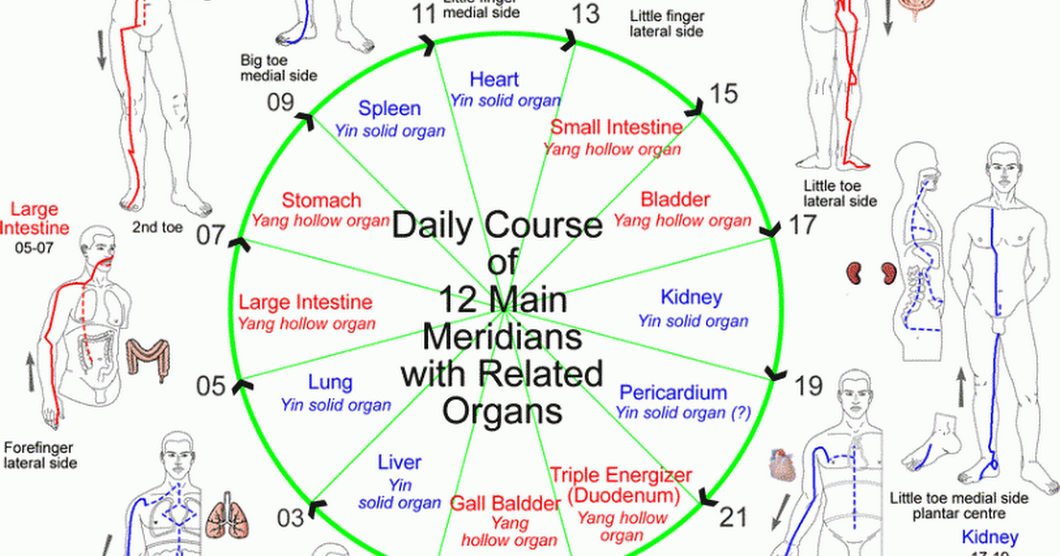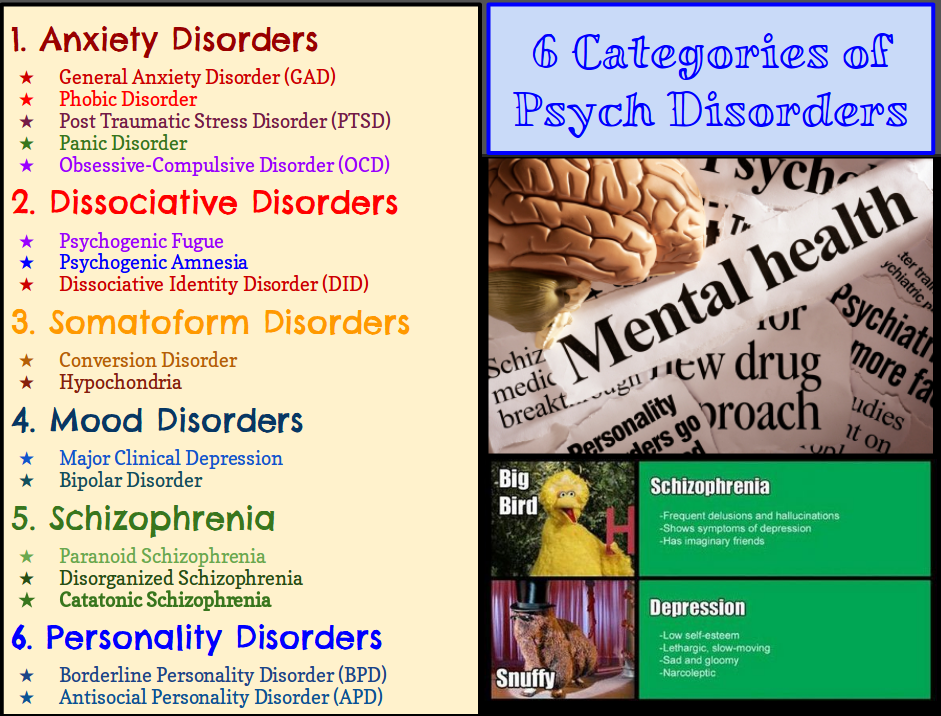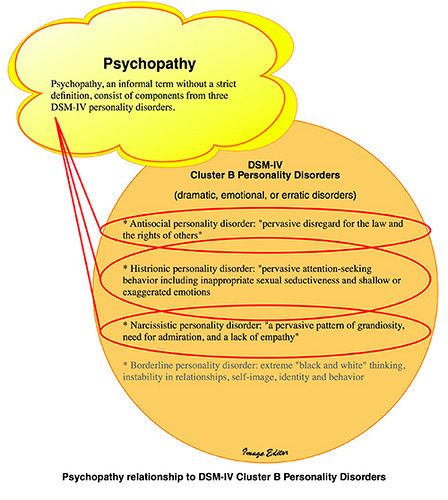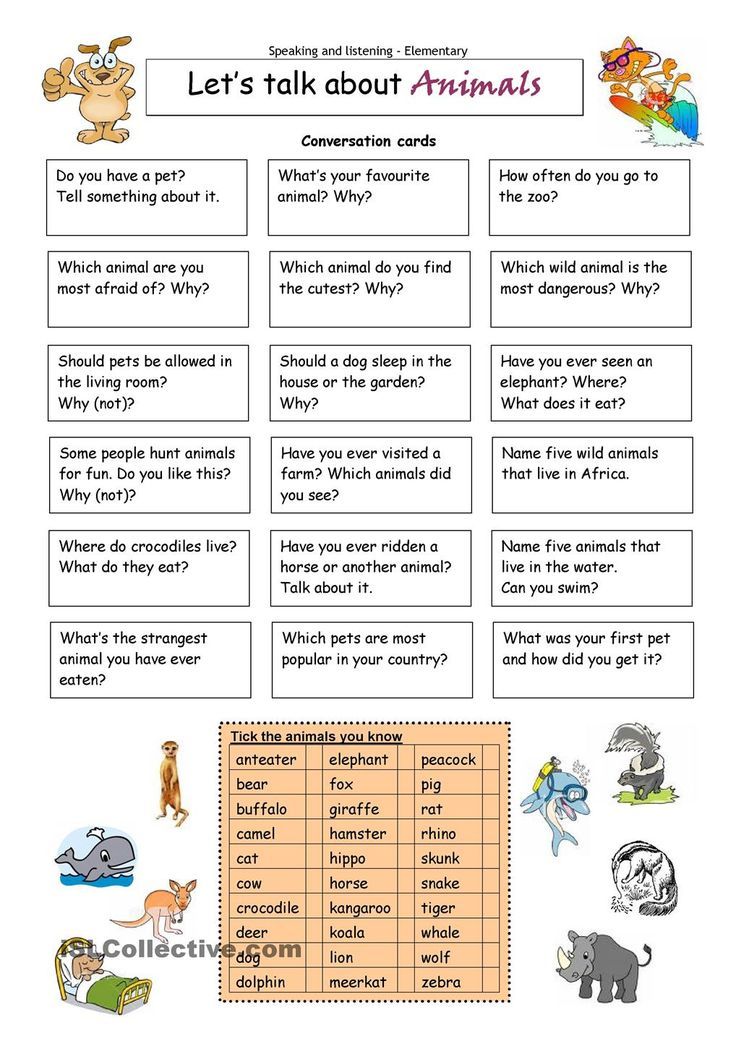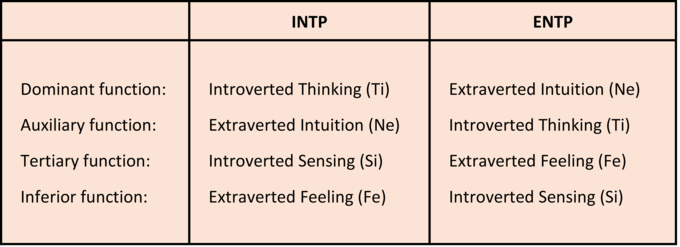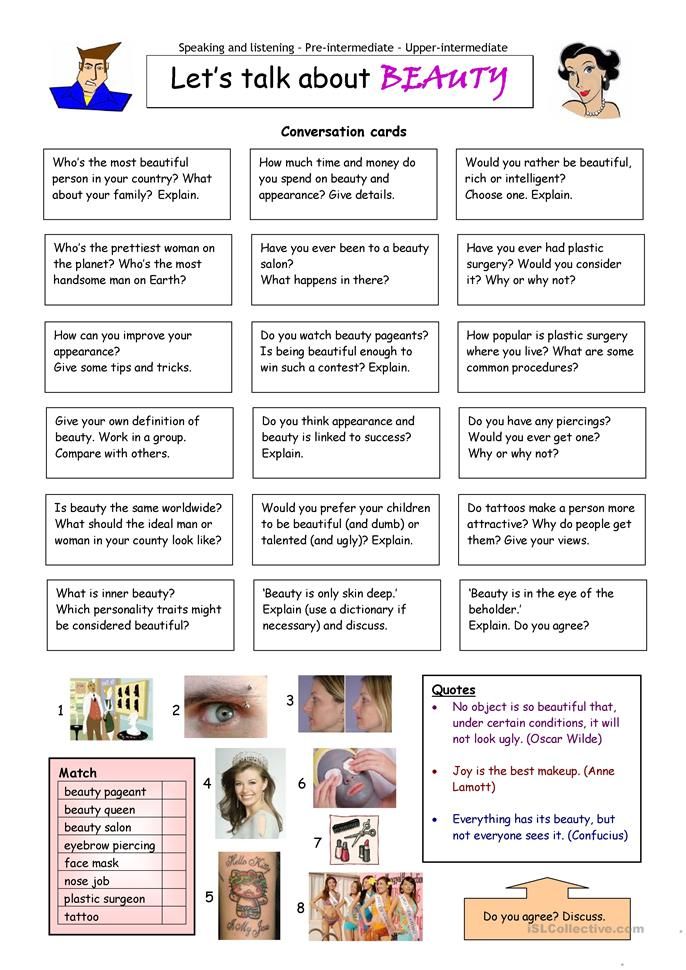Really not feeling up to it right now
Not Feeling Very Worky Today? Get To The Truth About Why
It's One of Those Mornings Where You're Not Feeling Very Worky Today. Uh Oh.It happens. Sometimes you're not feeling it. There are days when the mojo meter runs low. Sometimes you even feel like you're in a funk for months or years. It can impact important life decisions. It happens in the workplace, and it also happens in life’s bigger setting.
Being in a low-motivation state leads us to deliberate whether to stay in a job or not, to stay in a relationship or not, or to adopt a certain lifestyle or not. The ripple effects are big. This feeling is valid. When it happens, do you deal with it from a place of fear or from a place of strength? It's an important reflection.
In another fun and insightful episode, host Lisa Cummings and TyAnn Osborn share their personal and professional take on what it means to be in a funk, and the great ways they can turn that “funky monkey” around, such as acknowledging the feeling and turning to your “spirit guides” for help. All these, along with their common love for Beastie Boys and the song Brass Monkey!
Here's a video version of the interview, and here’s the full transcript of the episode.
Lisa: You're listening to Lead Through Strengths, where you'll learn to apply your greatest strengths at work. I'm your host, Lisa Cummings. And you know, I'm always telling you, it's hard to find something more energizing than using your natural talents every day at work. Well, something that's just about as energizing is when I get to hang out with my other host here in the room, TyAnn Osborn.
Today, we are going to talk about being in a funk. I saw a meme that said, "not feeling very worky today." Based on the responses, I realized this is pretty much at epidemic levels.
So very often, we go to strengths events, we get invited in to deliver training, and often it's from an inspirational standpoint. It's, oh we want to get to know each other better. We want to communicate better, we want to get to know a new team.
TyAnn: Right.
Lisa: Team building...
TyAnn: Very positive. Very fun.
Lisa: And then the reality of the world is we have days when mojo meter is level zero. We have seasons, times, months, weeks, where sometimes you're just in a funk. Once, I had an entire, probably six months of a job where I was in a funk and I was like, “What is wrong with me? I like the people, I like the job, the pay is good. Life is good. Everything on paper sounds so right. What is wrong?"
And almost never do people think, “Well, this would be a great opportunity to use my strengths!” It just doesn't come up for people. But I know that you have ideas for this, and you've talked about them being one of the best things you could do for yourself when you find yourself in a funk or you think someone else might be in a funk.
Step 1: Acknowledge That You’re In A FunkLisa: So, if you are going to even begin applying strengths to this concept, what would you start with?
TyAnn: I think that's so true.![]() And like Lisa said, often when we come in, we've done a big team building event, everyone's all jazzed up, this is exciting. And then you go back to your desk, and work happens. Or life happens. And you're like, “Oh, that was fun.”
And like Lisa said, often when we come in, we've done a big team building event, everyone's all jazzed up, this is exciting. And then you go back to your desk, and work happens. Or life happens. And you're like, “Oh, that was fun.”
But meanwhile, Now my customer is upset with me. My kid’s upset with me... My spouse is upset with me... I have to make dinner... Whatever it is, and life just happens.
Or, like she said, sometimes you can't really put your finger on it. And for whatever reason, you're just like, “Oh, I feel like a funky monkey, I don't know why.” That sounds more cute than you might actually be feeling.
Lisa: Sounds like Brass Monkey. Makes me think of Beastie Boys.
TyAnn: ‘Love Beastie Boys. Yes, that's my jam.
Lisa: (sings)
TyAnn: So I think it's really easy to use strengths when things are going well.
But I think really a powerful application is when you're not feeling that great.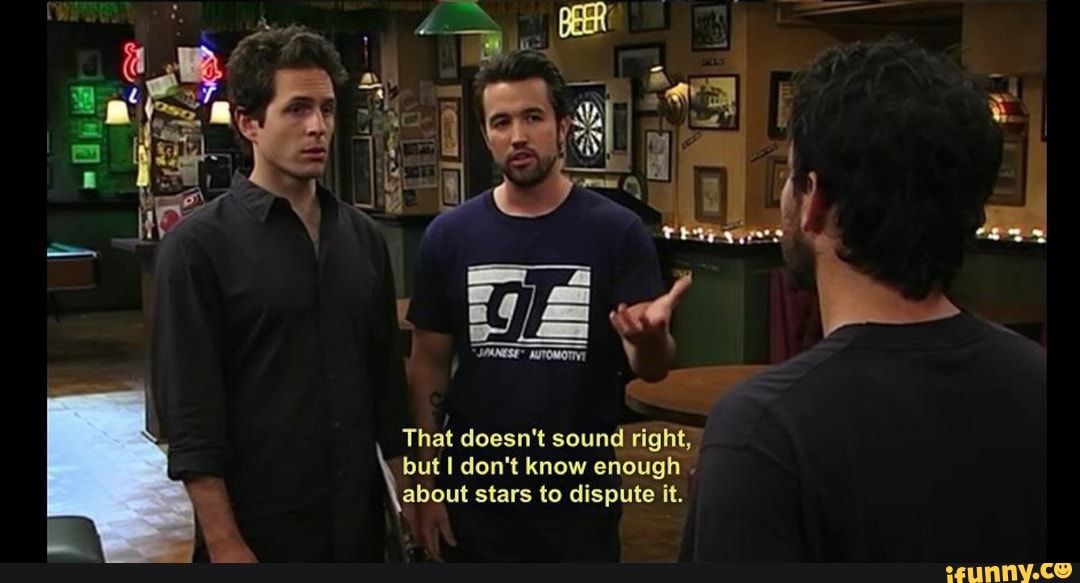 And so what do you do?
And so what do you do?
So I would say the first thing is, be able to recognize when you are feeling funky. And sometimes we don't want to intellectually allow ourselves to even go there. Or like you said, you feel like:
“I shouldn't be feeling bad about myself. I'm getting paid good money. My thinking skills tell me that does not make sense and therefore, I must force myself to feel great."
Lisa: "You just feel like you're being a baby!"
TyAnn: "You feel like you're being a baby." And again, you might say like, "Oh, this is a first-world problem."
But here's the thing: feelings are valid, because they're your feelings. And if you're feeling funky, you don't have to explain that away to yourself. It's okay. It's okay. And, you know, I mean, nobody can discount your feelings because they're your feelings. It's okay.
So I would say the first thing is just to put that baggage aside for “I shouldn't be feeling this way,” because that's the quickest way to really start some problems internally.
Lisa: Let's break that piece down, like you're saying, Step 1 is to figure out that you're feeling like a funky monkey. And then what actually is it.
Well, if our client base is representative of many more people in corporate, which I think they are, like, if you're feeling wimpy about it, or feeling like you're being a baby, it's easy to want to discard it, push past it pretty quickly, or to not really spend any time going, what is it actually?
Lisa: When I ask people, “What do you think you're really feeling about the situation?” And people will be like, “Well, I'm anxious about it, it's stressing me out.” Those are the two... I think they're the easy words: stressed, anxious.
TyAnn: Yeah.
Lisa: I know you can tell me if you hear others are saying like anything past it.
TyAnn: They're socially acceptable to say. You know, what is not socially acceptable to say? I'm scared.
And usually, if someone's angry about something, almost always fear is underneath that.
And anxiety? Fear is almost always underneath that. And so when you peel it back, you're like —
“What's making you so stressed about that?”
“Well, I'm afraid I'm not going to do a good job.”
"Okay, so what if you don't do a good job?”
And so you can kind of follow this line of thinking.
“Well, if I don't do a good job, I'm gonna get a bad performance review, right?”
“Okay. So what if you get a bad performance review?”
“Well, then you know, I'm not going to get a raise.”
“Okay, so what if you don't get a raise?”
“Well, then, you know, this might happen.”
And we tend to have an irrational fear. And sometimes I call it like the “bag lady” fear — that you're going to end up as a bag lady sort of pushing the shopping cart living under the overpass.
Lisa: This is a real fear.
TyAnn: This is a real fear.
Lisa: I had a situation where I took a wrong job.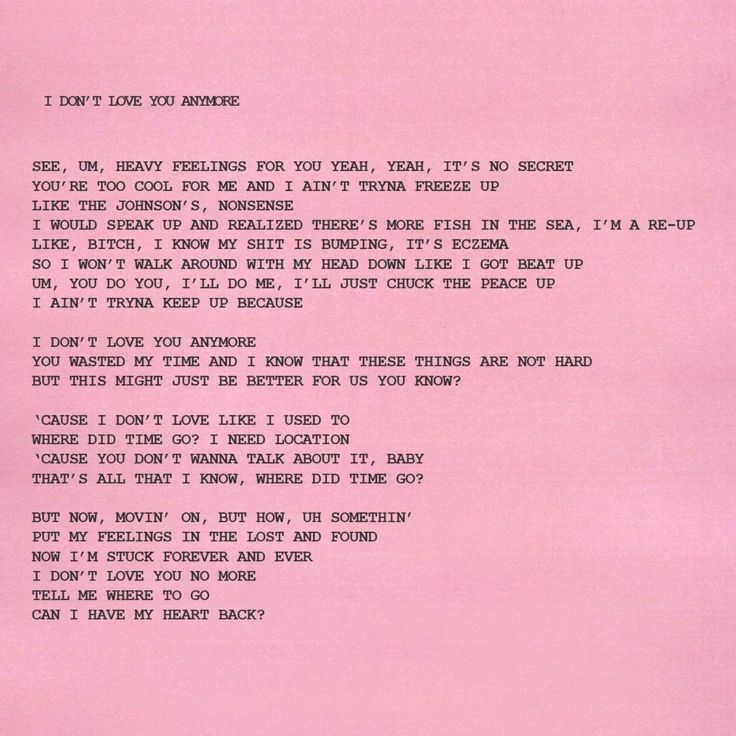 I took a job that was a bad fit for me.
I took a job that was a bad fit for me.
TyAnn: By the way, this happens all the time. I have also done this.
Lisa: Yes, and you've also written blog entries about "The Case of The Sunday Nights." It's all about burnout that sneaks up on you and steals your mojo at work.
TyAnn: That's right. This happens.
Lisa: Yes, this happens. So when I picked that role, and I thought, “I think that the answer is to leave.” But then there was so much baggage hanging on to the leaving.
So I was in a funk because I got myself stuck in a thought circle. And we actually went through a process, kind of like what you described.
"What is the worst that could happen there? And then what would happen there? And then what would happen there?"
So I just played it out off of quitting.
And what would happen? "Oh, well I just, I would disappoint people because I put them through an interview process. How could I do that to them? They went through this whole thing. They picked me!"
They picked me!"
TyAnn: They would be mad at you.
Lisa: Yes! I didn't want to be viewed unfavorably. I didn't want them to be angry with me. But also, I didn't want to be a jerk to them. I thought what if I'm not giving it enough time?
TyAnn: Hmm. What if you're a quitter?
Lisa: What if I'm a quitter? What if I'm a poor decision maker?
TyAnn: You're branded with the scarlet letter that you wear around for the rest of your life.
Lisa: Yeah. I mean, these are things. And then it was...
Okay, and then what? Let's say I quit.
Well, normally, I'm a planner. I think ahead. I think far ahead. I would have been deciding what I am going to do next. And then I would get myself lined up for it. And then I would have it all lined up, and I would have an acceleration lane all planned up. I didn't have any of that. So this would be all new territory. I decided, well, this would be a good time to start a business. Not this business but it was a different one.
Not this business but it was a different one.
But I was like — okay, what if I don't get any customers? What if I have no revenue? What if I…
TyAnn: And now I have to make a business plan. And now that's a huge project.
Lisa: Yeah. And I was like, “Oh, we had just purchased this land that we wanted, that was the forever plan. What if I ruin, what if I single-handedly ruin the forever plan because I took one wrong job?”
TyAnn: Oh, that's a lot of pressure.
Lisa: But you know, even when you go through the worst, when I realized I was really just being a chicken, and that the worst that could happen...you know what we came to when we stayed up really late that night, just talking about, “No, seriously, what is the worst?”
TyAnn: What was it?
Lisa: We were going to live on an RV and be camp hosts in a lovely State Park, and it was like, “Oh, this is okay.”
TyAnn: Which by the way, I have not one but multiple friends who are doing that right now.![]()
Lisa: On purpose?
TyAnn: That is their dream.
Lisa: Yeah.
TyAnn: Yeah. Like that's the thing.
Lisa: Yeah. And at the time, it was just like, “Well, we had an RV. So we literally wasn't something to purchase. It was just like we take the thing that we have while we lost the house, because remember, I lost the whole dream farm. We lost the farm.
TyAnn: It burned. It burned up overnight.
Lisa: Yeah. I brought it crashing down in flames. And then it was right there.
TyAnn: Yeah.
Lisa: So the answer was there. I'm not saying it made it unscary, but that was a funk breaker. So I know it was a bit of a long story to support your point, but I was in a funk — because I was stuck in a decision.
TyAnn: You were afraid.
Lisa: Yeah.
TyAnn: It was fear.
Lisa: Yeah.
TyAnn: But you knew the right thing to do.
Lisa: I guess so.
TyAnn: You wanted to leave.
Lisa: Yeah.
TyAnn: You were just afraid.
Lisa: But we fire ourselves on that often. I know. I do. And I know that a lot of customers do... And many smaller things because, well, you know, we work with plenty of people who are not in a funk because they're making self-actualizing giant life decisions. That does happen as well.
You know who you are. If you're listening to the show and you stayed after one of the sessions, and we’re like...
TyAnn: Right...which we love by the way.
Lisa: Oh my God, this made me realize...
TyAnn: I made the complete wrong job.
Lisa: But also it happens in the everyday mundane.
TyAnn: Yeah, absolutely.
Or like, “I thought somehow I would be riding my unicorn to work and playing with puppies all day. And you know what? I don't. I don't like it. I don't like what I do... I don't really like who I've become. ”
”
Or, “My kid drew a picture of the family and I'm not in it.” What we've heard from a colleague of ours... Or something else happens.
This is why people have a midlife crisis or a complete breakdown. Talk about a funk. And that's something where you know that there's that little voice whispering in you, of discontent, and you have shoved it down. And you know, when you push that bad boy down, just like feelings, it is like your jack-in-the-box analogy — that thing will shoot out in a very ugly and untimely way.
Lisa: That's true. And you know, it's like, once you've been shoving it down, long enough people know. And you're like, I have the pit in my stomach. I know it's off, but I don't know what is off. I can't put my finger on it.
TyAnn: Right.
Lisa: And then boom, Jack in the box jumps out.
TyAnn: Or people feel scared because “I have set up my life now where now I have the big house, or I'm supporting my whole family. ” Or I mean, whatever it is. And we kind of make it bigger in our head sometimes.
” Or I mean, whatever it is. And we kind of make it bigger in our head sometimes.
Lisa: Oh, I had one of those recently in a Strengths session. She said, she called it her "big kid bills." And she was like, “I have the house, I have the car, I have the stuff, I have everything. And I've got my mind all wrapped up in keeping with the Joneses.”
And she's like, “All I want to do is just go buy a Honda Accord and live in a one-bedroom apartment and unravel it all. And I can't even do that.”
TyAnn: So like, “more money, more problems.” And I mean that's why I think there's such a pull right now for downsizing, for minimalism, for “let's chuck it all and go live in that RV and go be the camp host...”
And there's a huge movement for that right now. I mean, even in the design world, there's you know, “Minimalism is in!" Not "Rococo is in.” You know what I mean?
Lisa: Ha! I don't even know what Rococo is.
TyAnn: "The heavily layered look is out!"
So you see this, there's a real pull and desire for that. And so it's real. It's a thing and it's okay to just sit back and think, “I've worked and maybe I've been the one pushing this, and I feel funky. I don’t know if I want this.”
And so it's real. It's a thing and it's okay to just sit back and think, “I've worked and maybe I've been the one pushing this, and I feel funky. I don’t know if I want this.”
Lisa: Okay, so I'm your client. We've been talking Strengths.
TyAnn: Okay.
Lisa: I do the CliftonStrengths assessment. I am in fact, in a funk and I did do my assessment. I know my top strengths. I think I'm gonna talk to Ty as my coach. So I'm going to start to open up to the concept and kind of like, talk through what's going on, so I can figure it out because I can't put my thumb on what is making the funky monkey situation happen.
TyAnn: Right.
Lisa: So what do you do, like if you're in a corporate office, you know, most of our customers are, and they're like living through the funk, and they've acknowledged the funk isn't gonna go away in a one conversation sort of thing. This isn't a magic dust...
TyAnn: And I wish it was. I would charge a lot more.
Lisa: No kidding!
Poof! Life is amazing!
TyAnn: For $20,000, I will solve your funkiness!
Lisa: 1 hour!
TyAnn: Shazam!
Yeah, sadly, a little bit more of a process.
Lisa: So I know like in one podcast episode, we can't end it and say, “And here…”
TyAnn: Here's your 30-second easy answer.
Lisa: It will be jerky if I'm like, “Go pay Ty $20,000 so she can get you the answer.” That's not the most fun.
TyAnn: But there are some things you can do, for sure.
Lisa: Yeah.
So getting a coach is a great one. But what else, like what actions can people take away when they're living through the funk, they're in the middle of it, and they're getting to the other side?
Look To A Coach Or Your Strengths Report As Your Spirit GuideTyAnn: So one thing you said, getting a coach.
So I would say absolutely.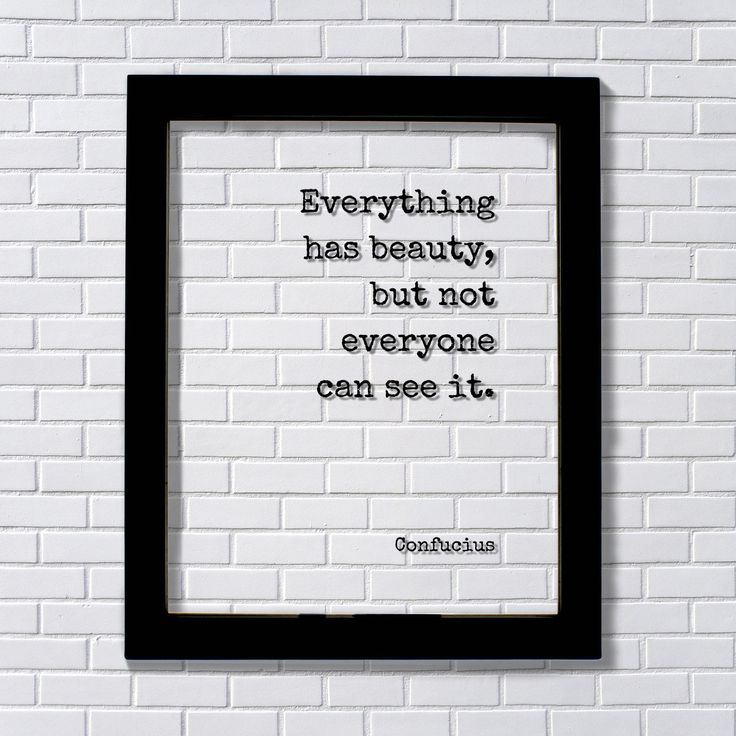 I'm a huge fan of that, not just because I'm a coach, but because I believe it works. So if your company supports that, awesome!
I'm a huge fan of that, not just because I'm a coach, but because I believe it works. So if your company supports that, awesome!
But if they don't, see if you can reach out to a trusted person, because often when you're in it, it can be really hard to see. You know what I mean?
So it can be helpful to have spirit guides — somebody to walk beside you on that. So that's a) if you can, you know, put your hand up, and that takes being a little bit vulnerable. But it's okay to just say, “You know what, I gotta get some help here."
Because there's no prize for doing that hard and by yourself. Just a little clue to life here.
And something too that when you can pull out your Strengths — and again, I realized when you're feeling funky, you might not be thinking Strengths, I mean, that might not be it — but I encourage you, like reach back in your desk and pull up that report. And there's going to be a piece in there about Brings & Needs, that I really like.
And you know, often when you first read it, you kind of blow through some of that. But oftentimes, when we're feeling funky, it's because we have a need that's not being met.
But oftentimes, when we're feeling funky, it's because we have a need that's not being met.
And each one of our strengths themes has a really specific thing that we need in order to feel fulfilled in that way.
And so almost invariably, when I find myself in a funk, I can go back and like literally put my finger on the thing that I am not getting.
And it is illuminating to be able to give language or a word to, “Oh my gosh, I thought it was just me. I am not getting this. This is what I need.”
And life isn't about putting your needs on a shelf and doing it, again, the hard way. You are at your best and the world needs the best of you, not the most mediocre funky version of you. That's not helpful to anyone. Does that make sense?
Lisa: Yeah, absolutely. And if they have the full 34 report, the version that you get the lesser themes at the bottom, you might look at the bottom 5 to 7. And you might notice, if you don't think of these as weaknesses, you think of these as potential energy drainers. Well, you look at that list. And you might think, “Oh right, look at that one. It's number 33 of 34. And I'm using that all day, every day. It's taking a lot of me to give it.”
Well, you look at that list. And you might think, “Oh right, look at that one. It's number 33 of 34. And I'm using that all day, every day. It's taking a lot of me to give it.”
TyAnn: Yeah.
Lisa: Because you can be totally competent in those areas. By the way, if you're new to Strengths, it can be at the bottom of your list in the stack rank of 34. You can get competent, you can do the thing, but it's sucking it all out of you and you're empty by giving it.
TyAnn: Right
Lisa: And it can really make you feel funky if you're having to do that over time.
TyAnn: Absolutely. And you know, Gallup’s got these engagement metrics that we talk about with our clients. And you know, the data shows that people who are able to use their strengths during the day — six times as likely to be engaged, three times as likely to have a better quality of life.
And as I tell my clients, this doesn't mean I only get to work on fun stuff all day long, that really, you know, it is the Ty land. That's not life.
That's not life.
But what the research behind this shows is that something in my day brings me energy. And because it does, it lifts me up enough so that then I can get through that noise and deal with some of that stuff that might be pulling on my themes that are at the bottom of my stack. Does that make sense?
Lisa: Yeah. So gas in the tank. It gets you back up there so you can get through the day doing things that you're paid to do even if you don't like those things.
TyAnn: That's just it. Because sometimes clients are like, “Oh, well, this means I don't have to do those other parts of my job I don't like.”
I'm like, “Yeah, no, it's still work.”
Now if 100% of your job you don't like, that's not something. But there needs to be something every day that kind of fills your tank, and then you can get through that other stuff. But I think that's where you can start to kind of put some analysis around the funk and then say, “Oh, my gosh, I didn't realize 75% of my job is doing that thing that takes so much energy. I can do it because I'm smart, I'm competent, I mean, I got to this point, I can do it. I just don't want it to take so much of my energy."
I can do it because I'm smart, I'm competent, I mean, I got to this point, I can do it. I just don't want it to take so much of my energy."
And then, "Frankly, I don't even have enough energy left to do the things that do excite me." Which then, that becomes sad, you know.
I don't even have enough energy to play the drums. Or, I found this happening with me. I love to read, that's kind of my thing. I found if I get in a funk, I'll stop reading. And that's when I've noticed that, man something's really wrong with me. Because I love to read. So if I don't have enough energy to read...
Lisa: Okay, you know, we're into these analog tools in the list, this would be a good list like, "Can you remember back to times when you were in a funk and what might the signs be?”
And some things like that. You stop reading. I might skip my drum practice for the day I notice. I let myself get a little disorganized, like if my trash starts to overflow because I'm Mrs.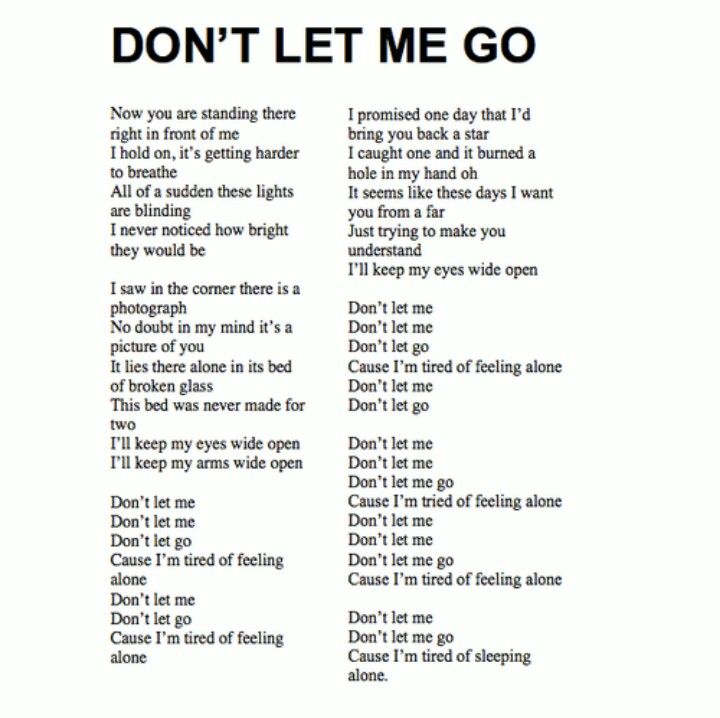 Cleanly, I'm Mrs. Tidy is basically me, so I noticed... Oh, if a couple of little signs, like my fingernails are very chipped and my trash is overflowing and I'm playing Tetris waiting for it to fall out — I know, I'm not in my normal game.
Cleanly, I'm Mrs. Tidy is basically me, so I noticed... Oh, if a couple of little signs, like my fingernails are very chipped and my trash is overflowing and I'm playing Tetris waiting for it to fall out — I know, I'm not in my normal game.
TyAnn: Isn't that interesting?
Lisa: Yeah.
TyAnn: So kind of know that about yourself, like what are these little signs, little guideposts along the way so that you can pay attention to those before you get to sort of the edge of the cliff, and you've fallen off.
Lisa: Okay, this is good.
So we have to-dos for them. Okay, we've got lists to make...
- What are your early warning signs guideposts?
TyAnn: Absolutely.
- Raise your hand if you're feeling funky and see if you can get a spirit guide to help you out.
Lisa: Yeah.
- And if you need a coach Ty, is really amazing.

One thing I love about your style in this regard is, well, depth, obviously. You get corporate, you get people's busy lives, but you're both empathetic and tough at the same time — not empathy in the Gallup sense of the word, but like, you feel the person for how they need to be seen and heard and appreciated in the moment.
But then you can also tell the truth. You're not afraid of...
TyAnn: I definitely have huge compassion for people because — especially with the clients we work with — I've been there.
You know, we've had these jobs. I have had the job where I felt like I had to be on 24/7. I've had the ex-pat job where I literally felt like I was on 24/7 because I had a whole job on the other side of the world, and just when that job was ending, the US was coming online. I've had the job where I got 300 emails a day. I've had the job where you go into the Ops review, and you have to prepare a 75-page deck that you get yelled at about. I mean, we've lived this, right?
Lisa: Yeah.
TyAnn: I've been in a place where you get promoted to a position that you're like, “I don't want this. I don't want my boss's job. I don't want any of these jobs.”
Lisa: “Why did I do this?”
TyAnn: “Why did I do this?” But you know what, I've also had things that are great. And I'm just saying, life can be awesome. And you have tremendous and powerful skills. And we just want to harness those so that we can unleash the best of you in the world — because that's what the world needs.
Lisa: Yeah. Okay, that is a perfect end to this. One thing I am going to put in the show notes for you is a link to... it's https://leadthroughstrengths.com/negative. And that is, there's a page of positive emotions and there's a page of negative emotions. It's literally a list of emotions. It's like an inventory of words. These are really helpful to pinpoint what's going on beyond "feeling stressed."
And so if one of your takeaways is coaching — great, bring on Ty.
If you are more like, “Hey, I just need to DIY this right now, and I'm going to go back to the very beginning of this episode and do that thing where I'm trying to figure out beyond saying I'm stressed or anxious, what's going on with me with this funk... That list, it just gives you a whole different set of words to say —
"Oh, yeah, I think I'm just angry about this thing that got switched up on me at work. And I've just had the bee in my bonnet for a while, using an old saying, and now that put me into a funk.”
So that will be a good resource as well, if you have trouble naming it.
And remember Ty’s wisdom, I will call it, which is — you don't have to look at these emotions and name these emotions so that you can go tell your boss you're feeling it. This is actually you just doing it so you can understand what is making the funk. Right?
TyAnn: Yeah, absolutely. And it could be, I mean, I've seen this before, you could be mad because you're not getting recognized, you know.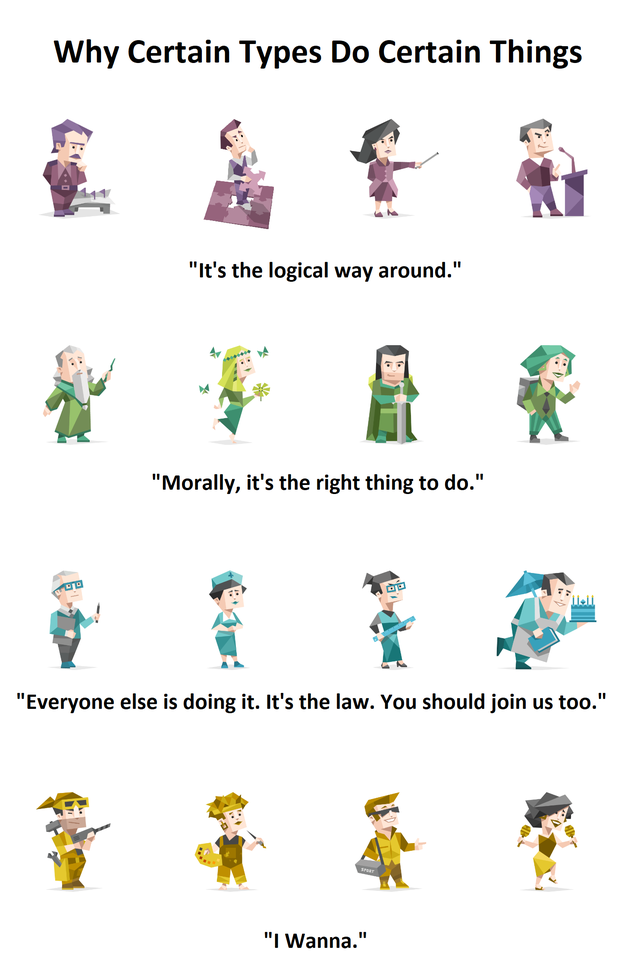 You're mad, you worked on that project and somebody else got the credit for it. You know, all these things. And you might think, “I can't say that out loud, because that sounds really petty.” You know, then someone's going to be like...
You're mad, you worked on that project and somebody else got the credit for it. You know, all these things. And you might think, “I can't say that out loud, because that sounds really petty.” You know, then someone's going to be like...
But that's a valid feeling. That's totally valid.
So I love that lists can help spark that for you. So write that stuff down so you can help in your mind...just get kind of granular on what specifically is it that's causing the funk. Because once we know, and we can drill into that, then we can help start building bridges to get over the funk.
Lisa: Yeah. And you layer that with what you described about going back through your report and reading the needs. And if you have the full report, looking at the very bottom, so you might see something that is a soul sucker for you that you didn't know.
You have a pretty good inventory either of, “Oh, I've got my early warning signs”, or, “Ooh, I've figured out what might have spurred this. ” Like that moment where you didn't get recognized, maybe you're annoyed for about 30 seconds, and then you're like, “Yeah, but I'm a grown-up so I'm over it.” And then you move on — but you didn't get over it.
” Like that moment where you didn't get recognized, maybe you're annoyed for about 30 seconds, and then you're like, “Yeah, but I'm a grown-up so I'm over it.” And then you move on — but you didn't get over it.
TyAnn: Right.
Lisa: You just told yourself you did.
TyAnn: Right. Or maybe that's like the 5th time that that's happened in this job, and it's just like, it's like your bee in your bonnet. It doesn't go away. It's there. And then every time that happens again, it's just that confirmation that's like see, this is in here.
And maybe one of your themes is Significance, and maybe yours needs to be recognized. And so that's a really good starting point to think... What's going on here? How can I put more Venn in this diagram than these things that are totally opposite? So I think that's just a great place to start.
Lisa: It is.
And speaking of starts, we're stopping. [Laughs] So even though we're at the end of the episode, you know we always talk about how using your strengths will make you a stronger performer. And in this time, if you're listening to this, if you are in one of those moments where you are in a funk, don't forget that your strengths do strengthen your performance. Because, I think to Ty's point, it is not the first thing that comes to mind. But if you're experiencing the funk right now and you're feeling like the brass monkey-funky monkey, get over to your CliftonStrengths report and get in reflecton mode! Is that what you would call it?
And in this time, if you're listening to this, if you are in one of those moments where you are in a funk, don't forget that your strengths do strengthen your performance. Because, I think to Ty's point, it is not the first thing that comes to mind. But if you're experiencing the funk right now and you're feeling like the brass monkey-funky monkey, get over to your CliftonStrengths report and get in reflecton mode! Is that what you would call it?
TyAnn: Yeah. You’re reflecting. Yeah, go back and dig into those Brings & Needs, and I think you'll find some wisdom there.
Lisa: All right. With that, we will see you next time. Bye for now.
Additional Resources To Help You Further Get Out Of The FunkLisa mentioned how being in a funk is largely linked to being “stressed” and “anxious,” based on her experience discussing the situation with her clients. Listen to her as she explains how having a bad day, a person/team who frustrates you, and an environment where you feel mismatched might bring out the shadow side of your strengths in What Do Strengths Look Like Under Stress? Here you will learn how to reframe them from bad to better.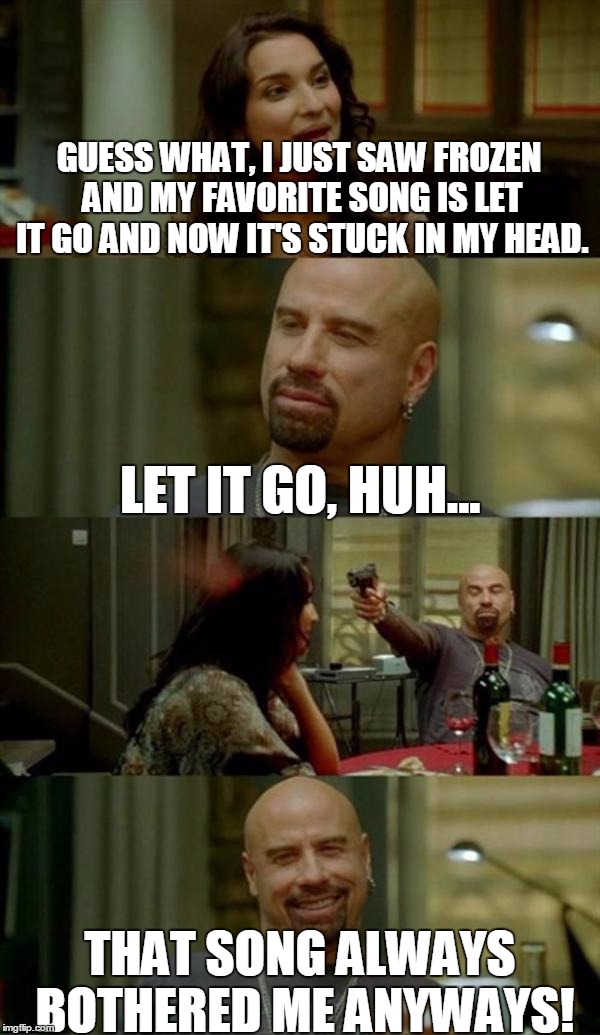
Or listen to Lisa’s grandma Venetta as she shares 5 career lessons. In one of the lessons, she encourages listeners to simply step back, get some perspective and look for the good in things even when stressed at work and feeling overwhelmed. The rest of her shared nuggets are just as golden!
Funky moments, whether major or minor ones, are all part of life, as the path towards our goals is not always straight and smooth. Our episode on How To Start Living Your Best Life with Lisa and Strother Gaines will inspire you to embrace situations that can throw you off your path yet lead you to reroute or arrange new ones.
All this points to the importance of anchoring on your CliftonStrengths talent themes in life.
See you in the next episode with Lisa and TyAnn.
Why do I feel “Weird” or “Off”
Skip to content
We’ve all been there. It’s completely normal not to feel like ourselves from time to time and having an “off” or “weird” day or two is common. In fact, when we feel like this it can tell us a lot about how our environments and habits are affecting us.
In fact, when we feel like this it can tell us a lot about how our environments and habits are affecting us.
If your off or weird feelings last more than a day or two, we suggest trying to get to the root of what’s going on with you. You can do this by giving yourself time to reflect and asking yourself some questions, but in a non-judgemental way. Find a quiet, peaceful time and check in with yourself using some of the tips below.
Identify what you’re feeling
Ask yourself the following questions:
- How do I best describe the feelings I’m having? Do I feel “weird” because I’m having a combination of feelings? If so, what are they?
- Has anything happened recently that might be connected to these feelings?
- If something is going on for me, what do I need to figure out or clarify that may be confusing or disorienting?
- If nothing is happening in particular, what can I do to bring myself back to a more familiar emotional balance?
If you can identify a feeling or multiple feelings that are somewhat similar to how you’re feeling now, you can start working on ways to feel better. If you’re having a hard time, this Emotion and Feeling Wheel might be able to help you find the words.
If you’re having a hard time, this Emotion and Feeling Wheel might be able to help you find the words.
Check in with yourself physically
While feeling “weird” or “off” might be something you can’t quite put your finger on, it’s also important to pay attention to your body and see if you’re experiencing any physical symptoms. Ask yourself the following questions:
- Do I feel hungry or thirsty?
- Am I cold or hot?
- Do I feel high or have low energy?
- Am I holding tension in my body? For example:
- Clenching teeth
- Shoulder stiffness or back pain
- Stiffness in another body part
A body scan meditation can help you check in with your body when you’re not feeling your best, and it can help you feel calm after having a hard time. This 3-minute body scan meditation is a great start. If you find that your body is tense or reflecting stress, it can be helpful to relax as much as you can and ask yourself, in an open and honest way, what may be causing the stress-reaction. It may seem odd, but our bodies can reflect emotional stress even when our thinking minds are unaware of it.
It may seem odd, but our bodies can reflect emotional stress even when our thinking minds are unaware of it.
Identify Your Needs
Once you’ve identified what you’re feeling and checked in with your body, think about whether you have physical, emotional, or mental needs that aren’t being met?
Physical
- Do I need or want food or other kinds of nourishment?
- Do I need to move, stretch, or otherwise exercise my body?
- Do I need more regular or consistent sleep?
Emotional
- Would it help me to speak to a friend or loved one?
- Are there feelings or negative thoughts that I need to let go of?
- Could I use alone time or other opportunities to recharge?
Mental
- What am I not tending to that could use some consideration? Are there things happening in relationships and/or at school or work that I need to think about and/or address?
- Is my life balanced? Are there changes I need to make in balancing work/school, core relationships, social life, and self-care time?
- Am I taking enough time for activities I enjoy outside of work or school?
If you find that one or more of your needs are going unmet for any period of time, it may be worth reevaluating your current patterns in order to better meet your basic needs.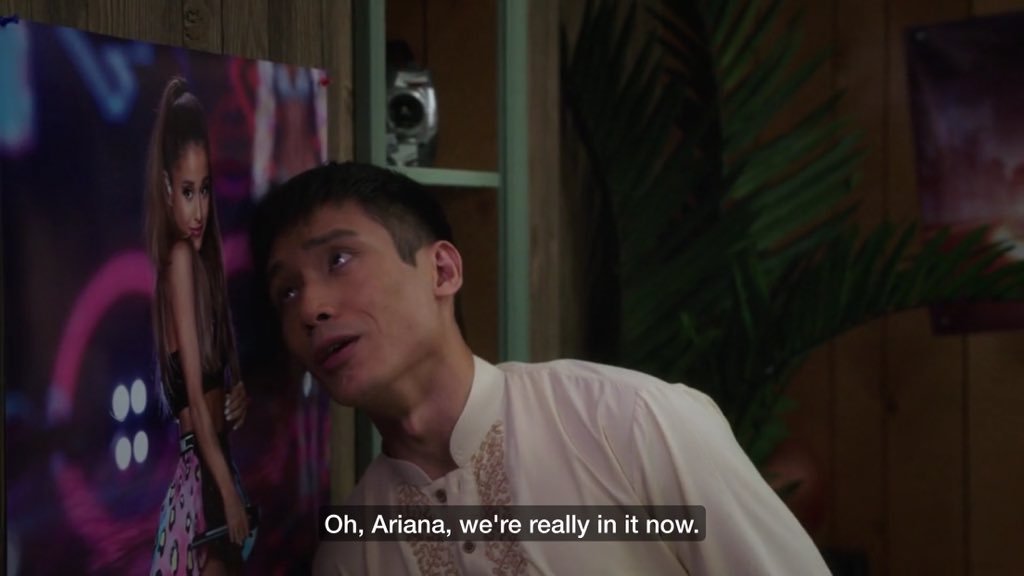 Schedules can become overwhelming or overbooked without us realizing it, and all too often our responsibilities to others may be outshining our responsibilities to ourselves.
Schedules can become overwhelming or overbooked without us realizing it, and all too often our responsibilities to others may be outshining our responsibilities to ourselves.
Other things to consider
Are you someone that has a diagnosed mental or physical health condition?
If so, consider checking in on your medication schedule, any possible medication interactions, your blood sugar, or any other medical indicators that could contribute to your negative feelings. If you’ve lapsed on medications or are experiencing a health complication, reach out to your doctor.
If applicable to you, could it be linked to your menstrual cycle?
If you are currently experiencing your period, consider how your “off” feelings may be related to where you’re at in your cycle. Hormonal changes can cause fluctuations in emotions and energy levels. Feeling more emotional or less energetic due to your menstrual cycle does not invalidate or delegitimize your feelings. If the feeling persists and if you think the emotions you are experiencing might be related to menstruation, talk to your doctor.
How to feel better
Check out our article on How to Cope When You’re Feeling “Off” or “Weird” for a complete list of tips and resources, but in the meantime, here are some steps you can take to start feeling better:
- Start meeting your needs and keep meeting them.
- Create good habits around eating, hydrating, sleeping, and moving your body
- Take breaks for hobbies, meditation, and other positive activities
- Express and process emotions in a safe, productive way
- Find coping skills that are right for you. Some examples are:
- Journaling and creative writing
- Drawing, painting, or making art
- Exercise, walking, or hiking
- Meditation, mindfulness
- Engaging in one preferred spiritual practice and/or prayer
- Yoga or stretching
- Talking to family and friends
- Talking to a therapist
As always, if you or a loved one are feeling “off” and having thoughts about suicide or thoughts about self-harm, reach out to a professional for help immediately. Text “START” to 741-741 or call 1-800-273-TALK (8255).
Text “START” to 741-741 or call 1-800-273-TALK (8255).
Take the self-evaluator.
Are you a student? Find mental resources on your campus.
You’re Not Alone
Back to landing page
Search Resource Center
Type your search term below
Get Help Now
If you or someone you know needs to talk to someone right now, text HOME to 741-741 or call 1-800-273-TALK (8255) for a free confidential conversation with a trained counselor 24/7.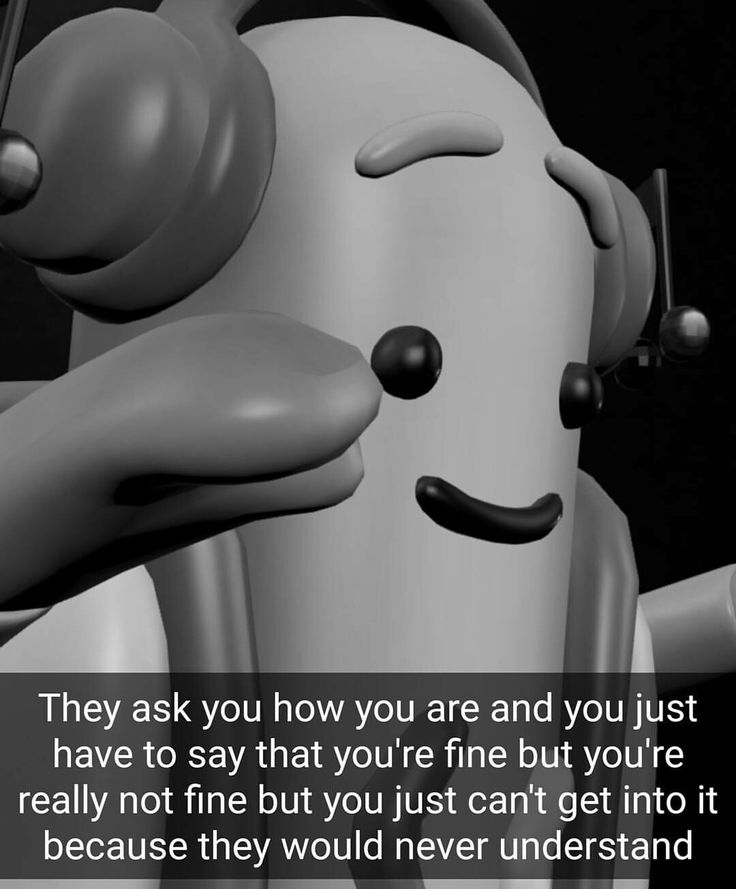
If you are experiencing a mental health crisis, text or call 988.
If this is a medical emergency or if there is immediate danger of harm, call 911 and explain that you need support for a mental health crisis.
If nothing pleases: let's talk about depression
Depression . Surely, in the modern world, this word is known to almost everyone - both a child and an adult. It has become so popular that people often refer to any deterioration in mood as depression. Quite often, we can hear from relatives, acquaintances or colleagues: “I was depressed all evening yesterday” or “Again, the boss filled up with work, now I will be depressed all week,” etc. Against this background, the true meaning of depression is depreciated, and for many people in our time it is associated with something insignificant, ordinary, with a person’s desire to “cry” and “wine”. nine0005
At the same time, people who really suffer from depression do not admit that they are sick and do not want to voice their problems, so as not to be known as “whiners” and “weaklings”. But even if a person with depression decides to talk about his problems, as a rule, he hears in response: “Pull yourself together!”, “Look how beautiful life is! How can you be depressed?”, “You should be ashamed, others have problems, and nothing, they live!”, he is offered to “cheer up”, “shake up”, “move” and “change the scenery”. Meanwhile, such advice does not help a person suffering from depression in any way, they only make him once again feel like an “egoist” and “pessimist” and reject even the thought of visiting a doctor. nine0005
But even if a person with depression decides to talk about his problems, as a rule, he hears in response: “Pull yourself together!”, “Look how beautiful life is! How can you be depressed?”, “You should be ashamed, others have problems, and nothing, they live!”, he is offered to “cheer up”, “shake up”, “move” and “change the scenery”. Meanwhile, such advice does not help a person suffering from depression in any way, they only make him once again feel like an “egoist” and “pessimist” and reject even the thought of visiting a doctor. nine0005
What is depression? Is it a disease? How to distinguish depression from a banal bad mood? And is it really possible to “pull yourself together” and overcome this unpleasant state on your own? Today in our article we will deal with these difficult questions. The doctor of the highest qualification category, candidate of medical sciences, psychiatrist and psychotherapist of the Clinic "SMITRA" Koridze-Datunishvili Manana Nodaryevna will help us in this.
What is depression?
nine0013 Of course, this is a real disease, registered in the International Classification of Diseases. Depression belongs to the group of affective disorders, in other words, mood disorders. But, of course, this is not the mood disorder that occurs, for example, after a car breakdown or a deuce in an exam.
Depressive disorder is characterized by several factors. First, depression is a long-term, persistent (lasting more than 2 weeks) condition. Secondly, in addition to a decrease in mood, a depressed patient has a significant drop in activity and a decrease in energy. Thirdly, when a patient is depressed, the pace of thinking changes, more often in the direction of slowing down. nine0005
A person suffering from depression begins to look at the world pessimistically, loses the ability to experience joy, his judgments become negative, the future seems unpromising. To live at the usual pace, to concentrate, to be interested, to enjoy what used to please - all this becomes difficult or even impossible for a depressed patient. Often there are thoughts of one's own guilt and worthlessness. In addition, even in mild forms of depression, self-esteem and self-confidence may be reduced. nine0013
Often there are thoughts of one's own guilt and worthlessness. In addition, even in mild forms of depression, self-esteem and self-confidence may be reduced. nine0013
Sleep is disturbed in a depressed patient: either he is exhausted by insomnia and wakes up several hours earlier than usual, or, on the contrary, the duration of sleep can increase significantly. At the same time, in the morning, as a rule, the symptoms of depression intensify and often become almost unbearable.
In addition to the above manifestations, depression may be accompanied by changes in appetite - its increase or decrease - and corresponding changes in weight, as well as severe psychomotor retardation, increased anxiety, and a decrease in libido. nine0005
Depression diagnostics
Depression is rich in its manifestations, and against this background, the patient can independently suspect such an ailment. But only a qualified psychiatrist, psychotherapist can finally confirm or deny the presence of the disease and, accordingly, prescribe treatment. The doctor will help determine the amount of care needed by the patient, will diagnose. Sometimes a depressive state and a decrease in vital energy can be a symptom of a serious somatic disease, which is why timely diagnosis and targeted assistance are so important. nine0005
The doctor will help determine the amount of care needed by the patient, will diagnose. Sometimes a depressive state and a decrease in vital energy can be a symptom of a serious somatic disease, which is why timely diagnosis and targeted assistance are so important. nine0005
Causes of depression
A depressive disorder can occur when a person’s psyche and somatics are subjected to unbearable loads for him personally. Depression can be triggered by chronic stress, a severe physical illness, or a sudden precipitating factor such as the loss of a loved one. Scientists also talk about genetic variants of the causes of depression. In addition, it is possible that one environment of life (family, the habit of perceiving life in a depressive light) matters in the development of depression. nine0005
Does depression affect a person's overall health?
On the one hand, depression is a kind of adaptation reaction developed in the process of human evolution.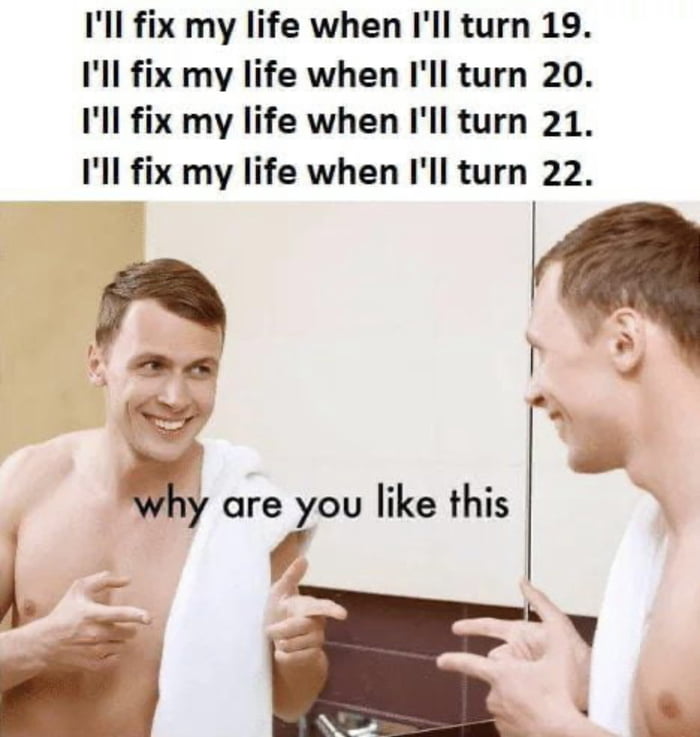 Under certain conditions, it helps to maintain overall mental health and even survive. But in situations where a depressive disorder causes unbearable stress on the body, these stresses can “somatize”, i.e. cause disorders of various organs and systems of the body.
Under certain conditions, it helps to maintain overall mental health and even survive. But in situations where a depressive disorder causes unbearable stress on the body, these stresses can “somatize”, i.e. cause disorders of various organs and systems of the body.
But even without somatization in such a state there is little pleasant: depression can affect the whole life, the formation of goals, the choice of a person in certain situations. The behavior of a person suffering from depression can become reckless, sometimes dangerous for himself and others. nine0005
Prevention of depression
No matter how surprising it may sound, it is necessary to start prevention of depression ... from childhood. Certain methods of education will help teach the child to correctly perceive and process information coming from outside, as well as develop adequate ways to respond to various life situations.
For adults, there are also some simple rules to reduce the risk of depressive disorder.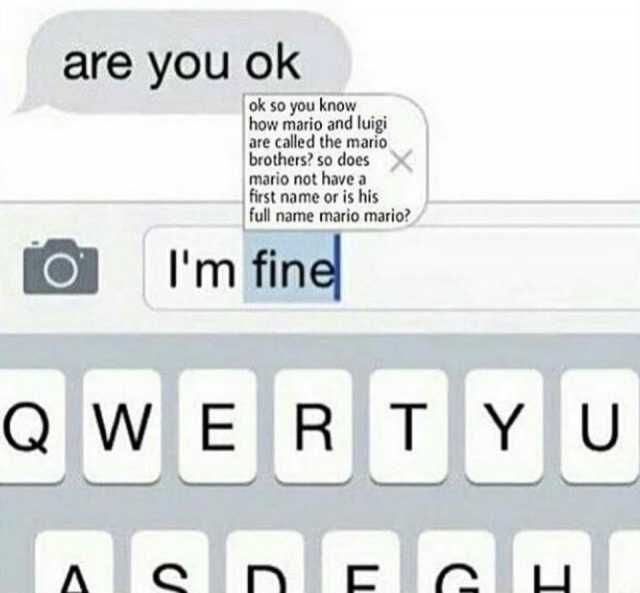 All these rules are built on the banal and well-known principles of a healthy lifestyle:
All these rules are built on the banal and well-known principles of a healthy lifestyle:
- Always get enough sleep! Try to go to bed at the same time, and do not forget to close the room from the light. The sleep hormone (melatonin) can only be produced in total darkness.
- Eat healthy food. Foods rich in vitamins, minerals, and amino acids can help prevent mood swings and restore emotional well-being.
- Maintain an active lifestyle. They say movement is the best antidepressant. Physical exercise or walks in the fresh air give the body energy, maintain a good mood and maintain vitality. nine0047
- Communicate more with positive and pleasant people. Good, pleasant communication will give positive emotions and energize.
- Allow yourself to be "a little selfish." Take care of yourself, relax, take time for yourself. A drop of healthy selfishness will benefit any person.
Let's sum it up: how can you still distinguish depression from a bad mood?
In the event of the usual “bad mood”, you know exactly its cause: troubles in the family, problems at work, or just stepped on your foot in public transport and ruined your new shoes. Such a state normally will not last long: after the disappearance of the provoking factor, the settlement of difficulties, or simply after the passage of time, the mood returns to normal, and life will again be enjoyable. Depression, in turn, occurs, as a rule, for no particular reason, or the reaction to a provoking factor is delayed for an abnormally long period. nine0005
Such a state normally will not last long: after the disappearance of the provoking factor, the settlement of difficulties, or simply after the passage of time, the mood returns to normal, and life will again be enjoyable. Depression, in turn, occurs, as a rule, for no particular reason, or the reaction to a provoking factor is delayed for an abnormally long period. nine0005
If you notice signs of depression in yourself, life has ceased to bring joy, the usual things do not give pleasure, you feel guilty about everything that happens around you, and there is simply no strength for life, do not delay contacting a specialist. Turning to a psychotherapist is not scary and not ashamed! In many cases, only a doctor is able to return a person to normal, and in some cases, even save a life.
Do not be afraid to ask for help, because the first step in the treatment of depression is awareness of your problem. nine0013 Bright and joyful life to you!
The material was prepared with the participation of the doctor of the highest qualification category, KMN, psychiatrist, psychotherapist of the Clinic "SMITRA" Koridze-Datunishvili Manana Nodaryevna.
© 2010-2020 SMITRA.
All rights reserved. No material on this site may be copied or used without written permission, except for private, non-commercial viewing.
10 ways to beat a bad mood
09/03/2014 17:50
Each of us periodically suffers from a bad mood. Sometimes for some reason, and sometimes for no apparent reason. Sometimes the weather spoils our mood, or eternal traffic jams, long lines, some people - and you never know what else. And there's nothing to be done about it. The only thing we can do is not let the bad mood take over. There are many ways to return a good mood, and we will talk about the most effective of them.
Food and sports
Sometimes a simple piece of chocolate can lift our spirits. No one says that a bad mood should always be "jammed". But giving your brain and your body some of the food it wants is not a crime. Moreover, you can always earn your right to “delicious therapy” thanks to sports exercises.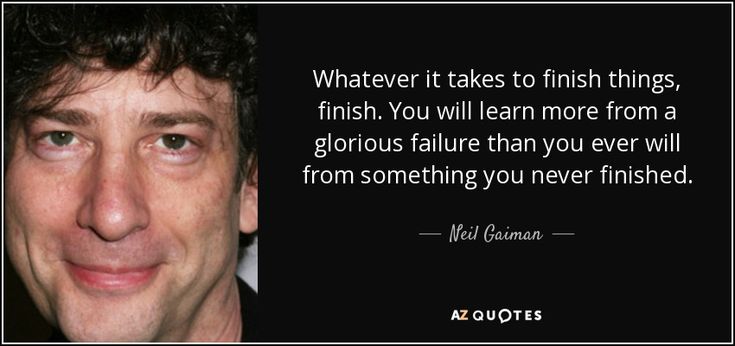 They not only burn extra calories, but also contribute to the release of endorphins (hormone of happiness), which improve mood. Sometimes even a simple walk can work wonders, so don't be too lazy to go out for a walk, especially on a sunny day. nine0005
They not only burn extra calories, but also contribute to the release of endorphins (hormone of happiness), which improve mood. Sometimes even a simple walk can work wonders, so don't be too lazy to go out for a walk, especially on a sunny day. nine0005
Do something creative
A study by British scientists has shown that creative and creative activities improve mood. Drawing, music, writing - all this can help, no matter what level you have mastered each of these activities. Even if you don't know how to draw, take it and try to learn. Kill two birds with one stone!
Smile
Right now while reading this article. Even if you feel bad, squeeze a smile out of yourself. nine0005
And again, back to the study that proved the theory that the “good mood-smile” relationship is a two-way relationship. The facial feedback hypothesis is that facial expressions can change mood. Therefore, remember to smile at the moment when you feel bad.
Do a good deed
Doing something nice for another person will make you feel much better. So if you can't make yourself happy, try to make someone else happy. Big or small, it doesn't matter. Even the smallest step will bring you pleasure. nine0005
Listen to music
Now we won't talk about what happens to the brain when we listen to pleasant music, but we can say for sure that it really helps. So, if you want to relax and forget about your problems for a while, turn on your favorite music and enjoy it. Music is truly magical.
Don't take it out on others
We are all selfish and think only of ourselves. This is fine. But the next time you feel bad, try not to spoil the mood for others. If you feel that you are about to insult or offend another person because of your mood, it is better to leave and be alone. You will thank yourself later for this. nine0005
Seize the moment
Close your eyes and think of anything but a green zebra. Now tell me what do you think?
Now tell me what do you think?
Our brain is arranged in such a way that if it gets stuck on something, it will continue to think in this direction more and more. In a situation with a bad mood, it does not suit us. As soon as you feel that you are thinking only about your bad mood, immediately switch to other thoughts and stop feeling sorry for yourself. Better yet, do something to take your mind off the bad thoughts. nine0005
Breathe and clear your mind
Yes, that sounds like a martial arts master. But a few deep breaths can really help to calm down. Think of it as the simplest form of meditation, and you know it can work wonders. Sit comfortably in a quiet place and try not to think about anything for a few minutes. At first it is difficult, but then it will become easier and easier.
Find reasons
If a bad mood is a one-time or rare occurrence for you, then there is nothing to worry about. But if you begin to notice that this happens more often than you would like, pay attention to the reasons for your bad mood.
